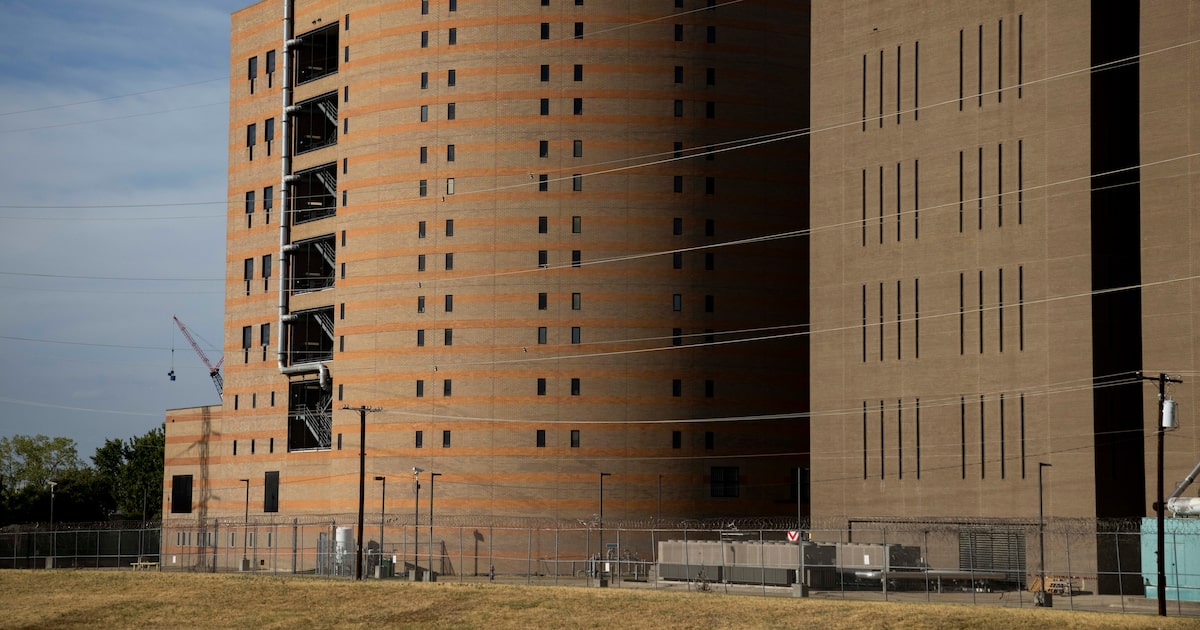You might recall reading in these pages about a Chicago tourist who was out for a jog in downtown Dallas when she was punched by a stranger in broad daylight. Dallas police arrested the suspect, a homeless man, that same April morning and booked him at the county jail.
Indigent defendants like Kevin Dewayne Simmons cycle in and out of the Frank Crowley Courts Building and the jail, saddled by ever-extending rap sheets and histories of mental illness, drug abuse or both. For misdemeanors, defendants might see weeks or months in jail, and then out they go into the world, back into the same homelessness and troubles from before.
The Dallas County criminal justice system appeared to be handling Simmons’ case thoughtfully, with an eye toward some degree of rehabilitation.
That is, until he was accidentally released from jail in July.
Opinion
According to court records, Simmons has a mental health diagnosis and “has not taken meds since childhood.” His criminal record is alarming, marked by time served for violent offenses as well as convictions for drug possession and criminal trespass.
Simmons’ misdemeanor assault charge in the attack against the Chicago runner went to County Criminal Court No. 7, which was sensitive to his troubled history.
Records show that Judge Remeko Tranisha Edwards denied a request by Simmons’ attorney to release him on a no-cash bond, citing his criminal record and the safety of the community. Simmons remained in jail, and in May, the judge ordered an evaluation for substance abuse and mental health services. On July 24, Simmons pleaded guilty, and his attorney and the prosecutor agreed to a plea deal of two years’ probation. Edwards also ordered Simmons to enter a residential program at a county treatment center in Wilmer.
But a deputy clerk accidentally marked the case as dismissed. The jail had released Simmons by July 25 instead of holding him for transfer to Wilmer. Luckily, observant Dallas police officers spotted Simmons near the West End district downtown, a known hangout of his, and re-arrested him without incident on Wednesday.
County Clerk John Warren said this was an instance of human error. He told us the wording in the court order wasn’t clear and that it’s not regular practice for misdemeanor courts to refer defendants to the treatment center. He said the clerks’ training material has been updated.
Edwards didn’t return a message sent through her court coordinator.
According to the District Attorney’s Office, state funds are not available for residential treatment for misdemeanor defendants. We don’t know why county rehab was approved for Simmons, but clearly that is a desirable path: treating low-level offenders before their actions escalate.
Simmons’ release appears to be an honest mistake, and it was rectified. We might have overlooked it, had it been a one-off. But Dallas County courts and the jail have myriad problems, from bungled software to poor case management, that have led to some people being jailed longer than they should have. Simmons’ case was the opposite, which is just as alarming.
Please, we need order in this courthouse.
